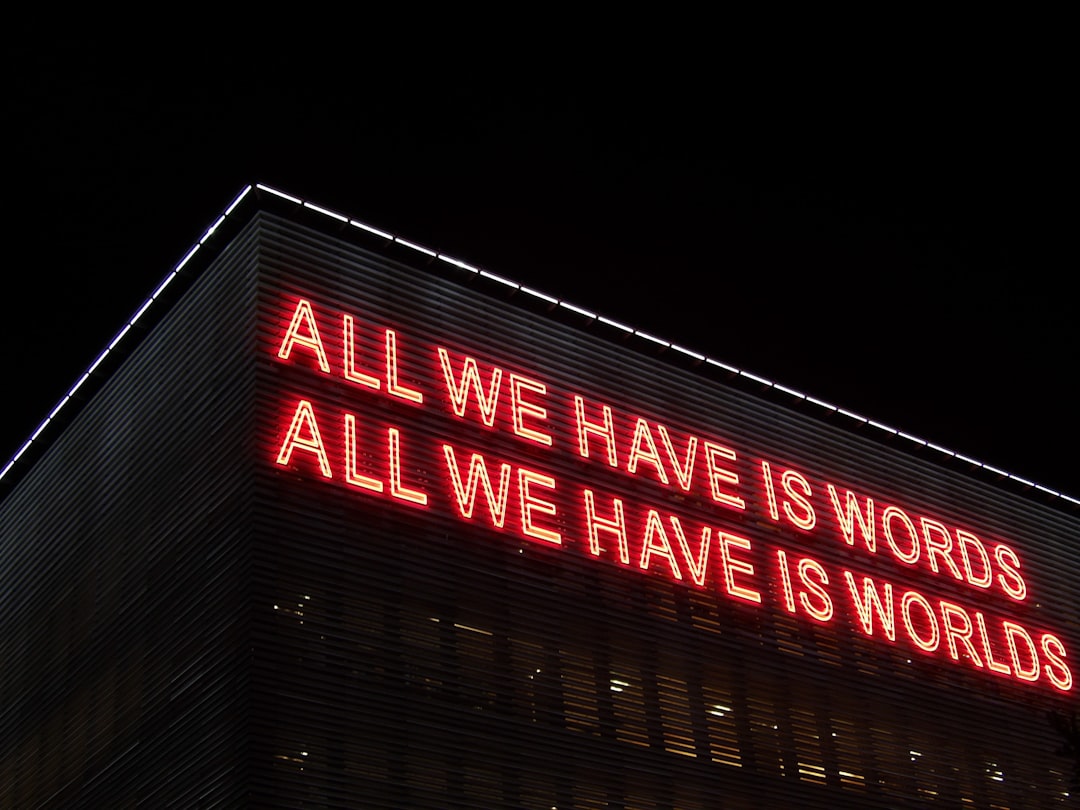The Power of New Metaphors

Your life is one long metaphor sprinkled with more mini metaphors. There’s no escape. Whether describing how you ‘ran errands’, climb ‘the corporate ladder’, learn to ‘play by ear’ or believe your ‘life is going nowhere’, you are using metaphors. However, we grow up with such culturally agreed up terms that they slide in and out of conversations with no regard. And they are more than words. Metaphors are sensorial storytellers with a subconscious punch. Let’s investigate these little guys further to see what possibilities lie beneath.
What are These Metaphors?
Metaphors are one of the most powerful tools anyone can use to promote an idea, new concept or point-of-view even though we disregard them constantly. For a start, metaphors are dense concept illustrators. They define abstract ideas through association by providing further figurative, symbolic and/or narrative meaning. As mini stories, they bring more depth and weight to a snappy, single statement. Their structure and word choice embeds further information useful for the reader or listener. For example, if you ‘ran errands’ this morning, the listener can already deduce you are probably very tired from your outing.
Metaphors can do many things. They can kindle emotions, provide familiarity, surprise & delight, motivate or convince. Their take-away nature ensures they can be traded like storytelling currency, and their lack of precise facty-ness makes metaphors perfect for redefining concepts. They linger with us as we test them out on ourselves and other people. For example, if you want people to think about their career differently, as an example, call it a ‘career lattice’ or ‘career jungle gym‘ than a ‘career ladder’. It’s way easier to soften someone up for your next new idea with a metaphor than rock-solid, cold fact.
It’s Time for New, Reframed Metaphors
Many times, a metaphor existed so long within a culture’s consciousness they are regarded as fact. Their original reference fades through repetition and autopilot usage. However, our cultural consciousness continually changes, which means we need to change our metaphors. To bring that sparkle back into an abstract concept or subconsciously push others to see your point of view, reframe a metaphor. Anyone and everyone will appreciate your fresh, spirited attempt if it can be validated by personal experience, understood quickly, repeated with ease and delivered with near effortlessness.
Approach
- Start with your concept, or metaphor in question
- Identify what you want to highlight
- Look at other things that relate to this
- Come up with some options
- Pick a new, punch metaphor
- Try to apply it
For Example
- Completing errands, or ‘running errands’
- Errands prepare you and your family for the week ahead
- Gathering supplies for a journey, restocking your pantry, provisioning for an adventure, stashing
- Domestic provisioning, household stockpile, restocking the house, filling the weekly fund
- Restocking the house
- ‘Just finished restocking the house - feels good!’
With the new metaphor, errands sound more like the first step on an adventure than arduous workout. And as you can see, it’s not that difficult and can even be enjoyable to think about your day-to-day life in a new light. Now, I’m not saying gather up all the metaphors and start combing through their meaning. We need certain metaphors to keep a sense of self and cultural grounding. It’s identifying key metaphors used often, or poignant ones that could help push an idea, concept or point-of-view. Because by offering a new metaphor you are subtly saying - this is important and requires further investigation. The world is a busy, knotted up place, where we can only untie one meaning-filled metaphor at a time.